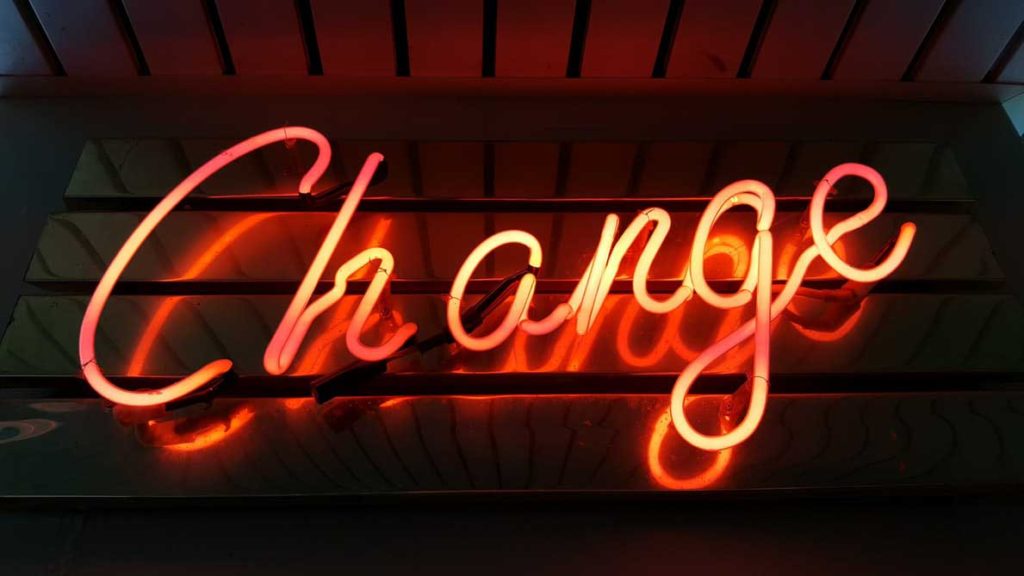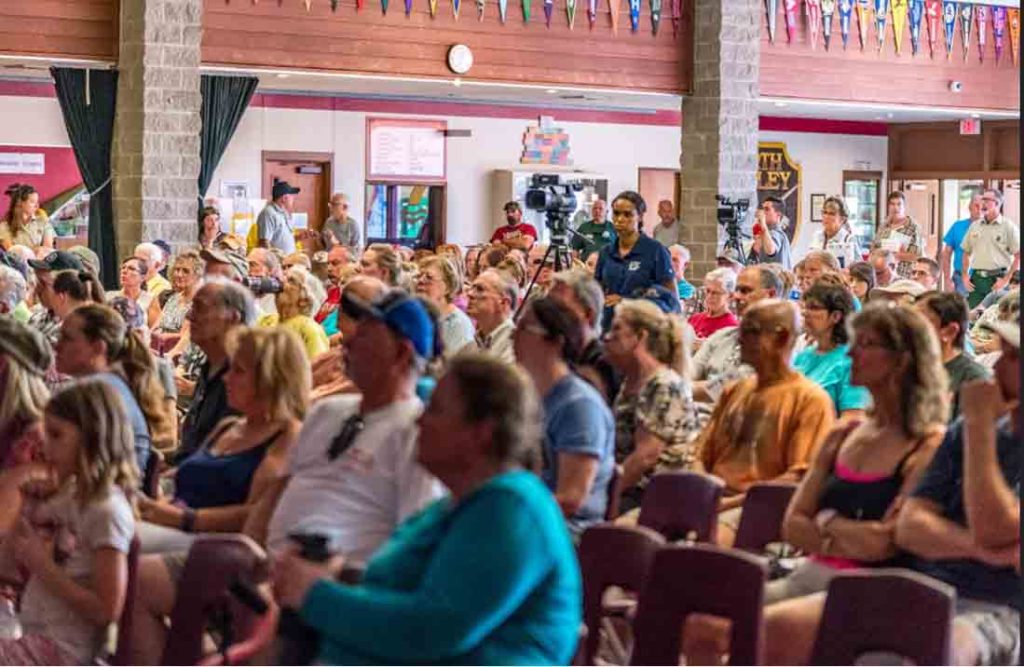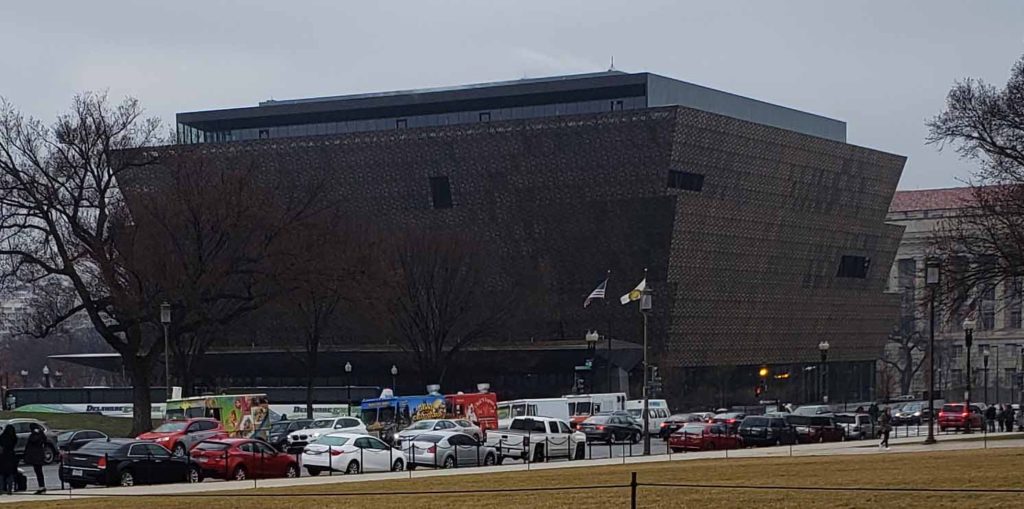A key focus of my blog is Current Events. In today’s world there is an obsession with suing one another and taking each other to court. It makes for unique circumstances for everyone in society and it’s important to know how to navigate such conditions. The following contributed post is entitled, Sueciety: The Modern World’s Obsession With Going To Court.
* * *

Being taken to court for something you’ve done wrong can be a worrying prospect. The people judging you won’t go easy on you because you’re nice or because they like you, instead being just as harsh with you as they would be with anyone else. This concern is something which has only been an issue for people over the last hundred years or so. Society has changed a lot in this time, and one of the biggest differences you will see is found in people’s willingness to sue one another.
What/Why Has It Changed?
In the past, it was far more common for people to settle disputes amongst themselves than it was for people to be taken to court. If you hurt someone or damaged their property, you would work it out between you, figuring out the best way to move forwards. Unfortunately, though, in a lot of cases, issues like this are often seen as a way to make money in the modern world.
Taking someone to court can land you with compensation, can save you from making insurance claims, and will give you the satisfaction of being right. Of course, though, it also causes a lot of problems in society. Suing someone will have serious consequences for them, and it can be all too easy to overlook this when you’re thinking about how you’ve been wronged.
The Problem With Suing In Society
The biggest problem which comes with suing people too much is one of trust. Members of a community should be able to trust one another, but the way that accidents tend to go in the modern world make it hard for people to follow this route. Instead, it’s easier to install dashcams, have a team of attorneys waiting to help you, and be ready to claim that you’ve been wronged than it is to simply trust one another.
Of course, though, there is another side to this. As more and more people are relying on court to solve their differences, it’s becoming increasingly common for scammers to take advantage of this. People cause accidents on the road in hopes of getting compensation, and some will exaggerate the pain they’re suffering with when they find themselves hurt by someone else.
Protecting Yourself
It’s getting harder to make sure that you’re safe from issues like being sued. More and more people are relying on this method to get their own back, and this means that you may need professionals like a personal injury lawyer to help you out if you ever find yourself causing or being on the receiving end of an accident. Alongside this, it’s also worth thinking about the activities you perform in daily life. If there is any risk that someone else could get hurt, you need to be far more careful than usual.
Having evidence of your innocence can help a lot in these cases. Dash and action cameras can help you when you’re out and about, and taking photos after an accident will also be a very good idea. Of course, though, it will still be best to try and stay out of trouble altogether. Cameras can be a double-edged sword; they will provide evidence in any case, whether you’re the innocent party or not.
Should You Sue?
Choosing to sue someone or take them to court is a big decision. This could have a dramatic financial and professional impact on the person you’re taking to court, and this makes it worth thinking about what you stand to gain in comparison to this. It’s not worth ruining someone’s life to get your hands on some money. Alongside this, though, if an injury or accident impacts your life in the long-term, it’s not fair for you to have to live without the income you would have had. This makes it difficult to decide whether or not to sue someone, and means that you should work hard to make a fair choice when going down this path.
With all of this in mind, you should have a better idea of the impact of suing in modern society. It’s easy to let this sort of thing take over your life, and a lot of people find themselves looking for reasons to take people to court. Of course, though, you always have the option to do it the old way, working through issues with words rather than legal threats.










